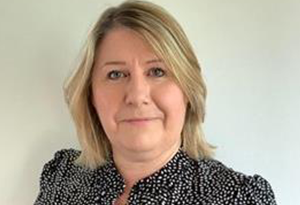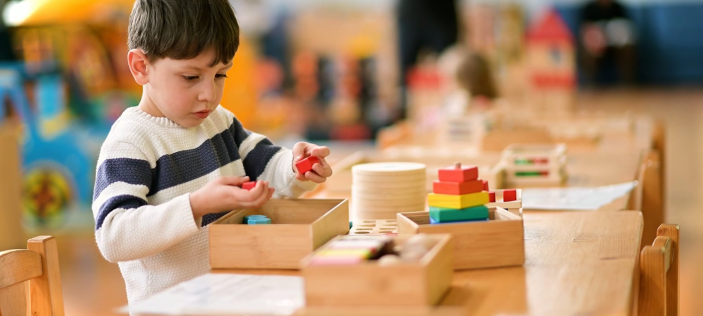
So, you have been asked to lead a subject across the school, or you may have been leading a subject in primary for a few years now or in a small school you may be responsible for more than one subject. Do you really know how to monitor and strengthen your subject in Early Years? Especially as sometimes the subject has a different name. Keeping on top of monitoring, checking that your colleagues are confident teaching your subject, monitoring attainment and keeping up to date on current thinking - I think I can help.

During my teaching career, colleagues from other year groups visit EYFS and are slightly discombobulated by the layout of the classroom, the lack of desks and chairs and how learning is taking placed and being assessed. Often the passing comment as they leave EYFS is ‘I don’t know how you do it!’ Well, it is the best place in the world to teach, although I might be bias, but what I really want is for colleagues leading a subject to come into the provision and find their subject in action, to feel confident talking about how the early years teaching underpins later learning in Year 1 and beyond.
Foundation Stage really does ‘what is says on the tin’, it lays the foundation for learning, the behaviours, and beliefs that children can be successful regardless of their starting points.
The Early Years Foundation Stage seeks to provide:
- Quality and consistency in all early years settings, so that every child makes good progress, and no child gets left behind.
- A secure foundation through planning for the learning and development of each individual child and assessing and reviewing what they have learned regularly.
- Partnership working between practitioners and with parents and/or carers.
- Equality of opportunity and anti-discriminatory practice, ensuring that every child is included and supported.
EYFS Statutory Framework (2024)
There are seven areas of learning each interwoven, so learning makes sense. The four overarching principles of EYFS are:
- Every child is a unique child
- Children learn through positive relationships
- Children learn and develop well in enabling environments with teaching and support from adults
- Learning and development - children develop and learn at different rates
Alongside these principles, the Characteristics of Effective Learning (CoEL):
- Playing and exploring - children investigate and experience things, and ‘have a go’
- Active learning - children concentrate and keep on trying if they encounter difficulties, and enjoy achievements
- Creating and thinking critically - children have and develop their own ideas, make links between ideas, and develop strategies for doing things
The three CoEL can be applied to all subjects at all ages. A great way to think about learning and how adults apply these characteristics is by reminiscing about the last time you bought a new mobile phone. Let’s be honest, none of us read the extensive manual in the box. If you are anything like me, you held the box, slid open the lid, listened to the unique sound as the box slid open, then pressed buttons, and followed instructions on the screen until all contacts have moved across and we have access to our favourite apps. You played, explored, thought critically and were creative.




